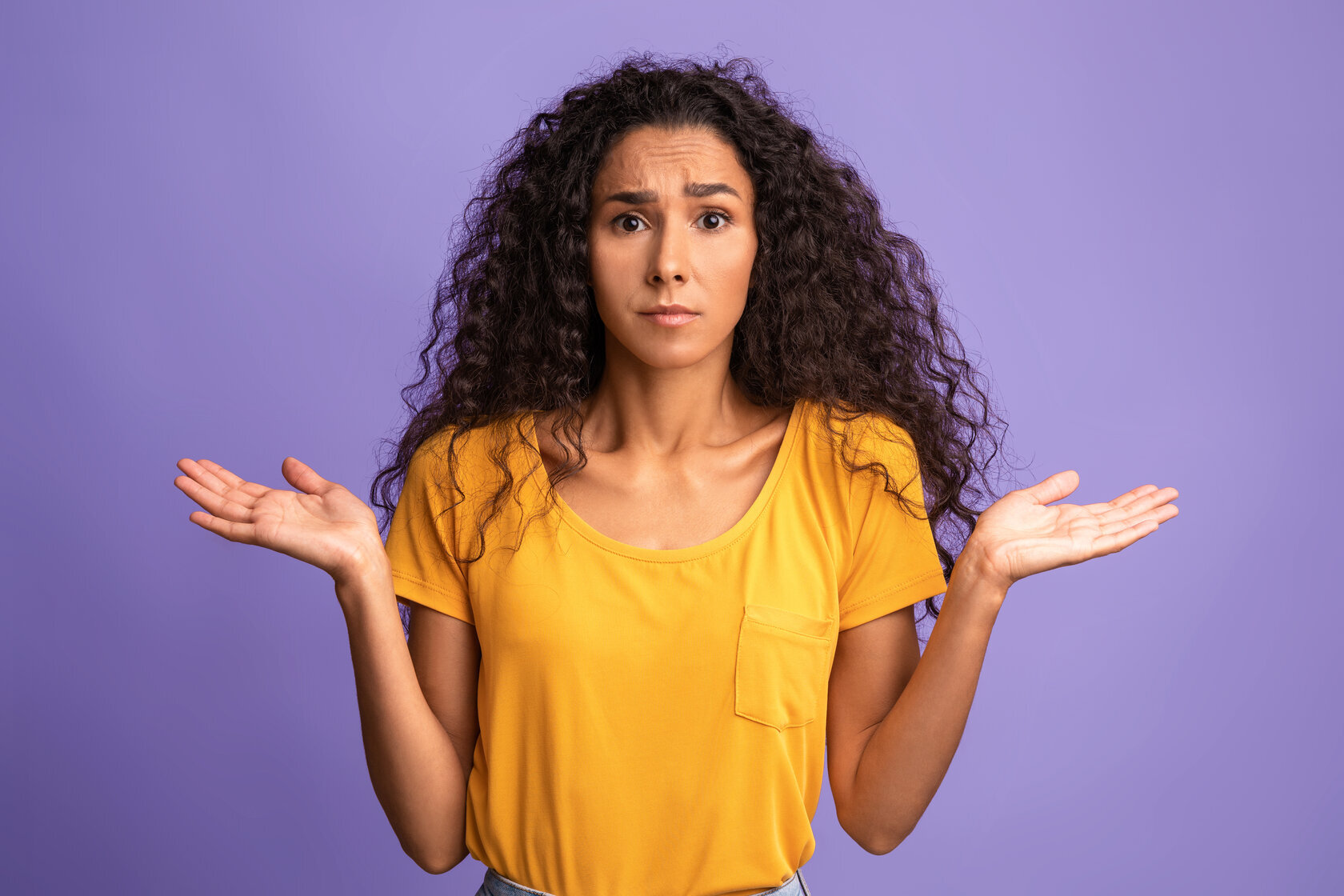What's the Difference Between "HAVE" & "HAVE GOT"?
In this post, you’re going to learn the difference between have and have got. The difference is quite simple, but you might be confused because you don’t know how and when to use each verb.
Here’s the main difference between have and have got: generally speaking, Have is more common in North America and have got is more common in the United Kingdom.
Have got forms are informal, and they’re also most common in the present.
Keep reading to learn more about the different uses of have and have got.
Teaching English Just Got Easier!
Save hours of time with an organized collection of high quality, easy-prep ESL lesson plans and worksheets right at your fingertips.
The Difference Between “Have” and “Have got”
Have and Have Got to Talk About Possessions and Relationships
Both have got and have mean the same thing. We use them to talk about possessions:
“I have got a new bike.”
“I have a new bike.”
We also use them to talk about relationships:
“He has got a new boyfriend.”
“He has a new boyfriend.”
But have got is less common in American English, especially in questions and negatives. So, in the UK you might hear:
“Have you got time?”
But in North America you’re more likely to hear:
“Do you have time?”
Keep in mind that sometimes have got is used in very informal North American English. Also, you might hear it without the word have.
So instead of:
“I have got a problem.”
You might hear:
“I got a problem.”
Common Errors with ‘HAVE GOT’
Remember that do and got are not used together:
"Do you have any children?"
"
Do you have got any children?"
Also, we don’t use have got when we’re talking about repeated or habitual states. For example, we say,
"He has got a headache today."
"He has a headache today."
"He has headaches often."
"
He has got headaches often."
HAVE & HAVE GOT: Other Common Uses
We’ve discussed one common way to use have and have got in English. Now, let’s take a look at some other common uses for these verbs:
1. Have as an auxiliary verb to make perfect verb forms:
“Have you ever been to Argentina?”
2. Have to talk about actions and experiences:
“What time do you usually have dinner?”
3. Have and have got with an infinitive (to + verb) , to talk about obligation—like must:
“I have got to study tonight.”
“I have to study tonight.”
4. Have or have got with an object + verb to talk about causing or experiencing actions and events:
“They had their car stolen last week.”
1. HAVE in Perfect Verb Forms
Have is one of the three auxiliary verbs (helper verbs) in English: ‘do’, ‘be’ and ‘have’. We use have with the past participle to make perfect verb forms:
“I have never been to Indonesia.” (present perfect)
“I realized that I had met him before.” (past perfect)
“We will have been living here for three months next Sunday.” (future perfect progressive)
“I would like to have lived in the 1960’s.” (perfect infinitive)
Read this article for a simple explanation of the present perfect in English.
Questions and Negatives
When we use have as a part of the perfect verb form, we use it in questions and negatives without do:
"Have you heard the news?"
"
Do you have heard the news?""I haven't seen them."
"
I don't have seen them."
2. HAVE to Talk about Actions and Experiences
We often use have to talk about actions and experiences:
“Let’s have some wine.”
“When are we having lunch?”
“I had a good time at the concert.”
In expressions like these, ‘have’ can mean ‘eat’, ‘drink’, ‘enjoy’,or ‘experience’. The exact meaning depends on the noun that follows.
Here are some common expressions:
| have breakfast | have lunch | have dinner |
| have a dream | have an accident | have a good time |
| have a bad day | have a day off | have a good flight |
| have a good trip | have a conversation | have a disagremment |
| have a fight | have difficulty | have a problem |
Keep in mind that in British English using ‘have’ with the words ‘bath’, ‘shower’, ‘rest’, ‘swim’, and ‘walk’ is more common:
“I’m going to have a shower.”
“Let’s have a walk.”
But in American English, ‘take’ is also possible:
“I’m going to take a shower.”
“Let’s take a walk.”
When using have to talk about experiences and actions, we use do to make questions and negative statements. Progressive/continuous forms are also possible:
- "Did you have fun?
- "
Had you fun?" - "I wonder what we're having for dinner tonight."
Note that when using this structure, contractions are not common:
- "I have dinner at around 8 pm."
- "
I've dinner at around 8 pm."
3. HAVE and HAVE GOT to Talk About Obligations
We can use have and have got to talk about things that are necessary to do. In this structure, we use an infinitive (to + verb) after ‘have/have got’. The meaning is similar to must:
“I’m sorry, I have to leave now.”
“I have got to go home soon.”
“Do you often have to write in English?”
Here, we can use have like a normal verb (with ‘do’ in questions and negatives), or like an auxiliary verb (without do):
“When do you have to go?”
“When have you got to go?”
But remember, we don’t use ‘have got’ to talk about repeated obligation:
- "I usually have to be at school at 8."
- "
I've usually got to be at school at 8."
I Got or I Have Got…?
In spoken American English, sometimes it might sound like the word have is omitted because it’s reduced when speaking. ‘Reduced’ means that the word is not fully pronounced.
Let’s look at an example:
“I have got to go.”
In American and Canadian English conversations, you might hear this instead:
- "I
havegot to go." - (Pronounced: I gotta go.)
4. HAVE as a Causative Verb
We use a causative verb when we want to talk about causing something to happen.
For example, if I say:
“I cleaned my car.”
This means that I cleaned it myself. But if I paid someone to clean it, I could say:
“I had my car cleaned.”
The verb ‘get’ can also be used as a causative verb. Here’s an article with more information.
Let’s look at some common structures when using have as a causative verb:
Have Something Done
As you’ve seen in the example above, we use this structure to talk about something that someone else did for us:
Have + object + past participle
“I finally had my laptop repaired.”
“I’m going to have my hair cut.”
Sometimes, we use this structure to talk about bad things that someone did to us:
“They had their car stolen last week!”
“We had our house robbed years ago.”
Have Something Happen/Happening
Here’s a common structure we use to mean ‘experience’ or ‘happen’:
Have + object + infinitive without to
Have + object + -ing
“I had this strange thing happen to me when I was a kid.”
“We had water leaking through the ceiling.”
If you’ve noticed, we use the infinitive without ‘to’ for things that happened (in the first example), and the -ing form for things that are or were happening for a while (in the last example).
Note: An infinitive is = to + verb. For example, ‘to do’ is an infinitive.
Have Someone Do Something
This is a common structure in American English and we use it to talk about giving instructions or orders:
Have + object + infinitive (without to)
“Have her call me please.”
(Here we mean: “tell her to call me”.)
When we use an ‘ing form’, it means that someone caused us to be doing something:
Have + object + (-ing)
He had me laughing all night.
An Important Note on BE and HAVE
When we talk about feeling hunger, thirst, heat, cold and other common conditions, we normally use the verb ‘be’ or ‘feel’ and an adjective, not ‘have’ and a noun.
Here are some examples:
- "I am hungry."
- "
I have hunger." - "He is twenty eight."
- "
He has twenty eight." - "She is five feet tall."
- "What size are your shoes?"
- "What color are her eyes?"
About the Writer
Sama is the founder of In English With Love and an online English educator from Canada. Her mission is to make quality English learning materials accessible to English learners and teachers everywhere.














